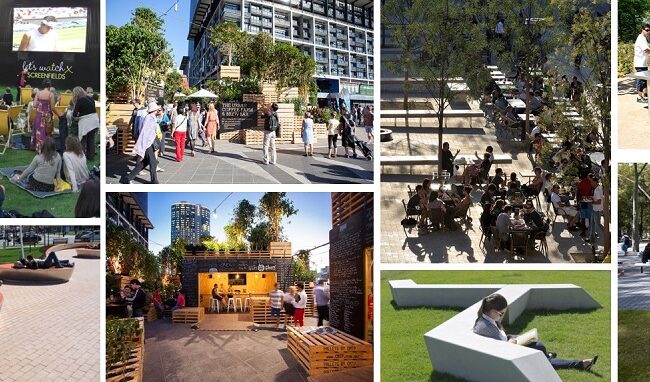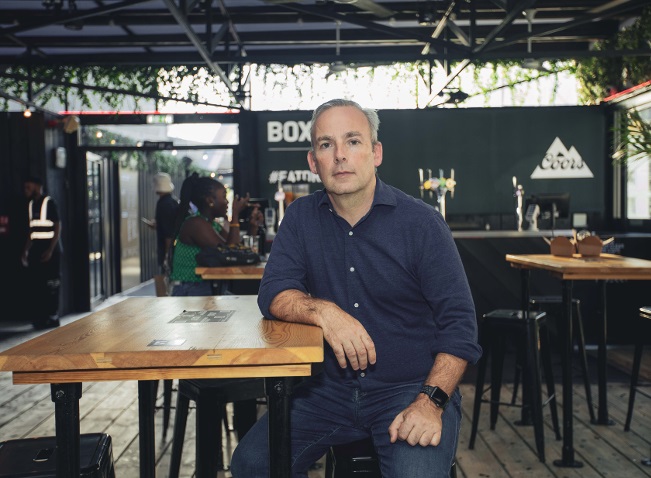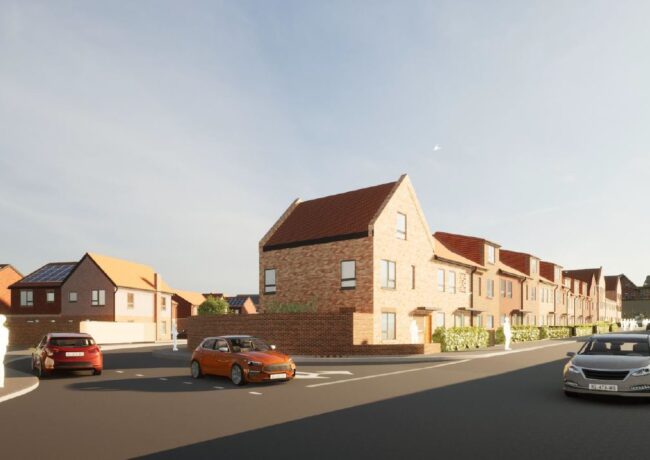PlaceEXPO: UK cities catching up with smart city planning
![]() Good connectivity and citizen engagement is the key to a truly smart city of the future, according to speakers at the PlaceEXPO Future Cities event in Liverpool on Tuesday.
Good connectivity and citizen engagement is the key to a truly smart city of the future, according to speakers at the PlaceEXPO Future Cities event in Liverpool on Tuesday.
Property professionals packed out the morning event, sponsored by Muse Developments and Cheshire West & Chester Council, and held at No 4 St Paul’s Square, to hear from four experts at the forefront of intelligent city planning, design and sustainable development.
See links to slides below
Addressing the 80 strong audience, applied futurist at Book of the Future, Tom Cheesewright defined a ‘smart city’: “It is technology applied to the built environment in order to reduce expenditure and environmental impact. A smart city is very much about efficiency.”
Cheesewright discussed the Spanish city of Santander where they rolled out 20,000 sensors for €1m. These sensors monitor everything from the amount of rubbish in municipal bins to the number of parking spaces available, air pollution and traffic conditions. Data from all of the sensors can give a real time picture of the city to allow officials to adjust the amount of energy they use.
“What we have is cities which operate better for us, understand our behaviour as human beings and start to do things on our behalf,” Cheesewright added.
But very few cities are ‘truly smart’, according to Rob Moyser, associate director of Buro Happold, who took to the stage next. “Most implement high tech solutions with a narrow focus,” he said.
Moyser added that although ICT is fundamental to a smart city, it is ultimately about the citizens using and interacting with the technology which makes it effective. The audience also heard that good transport links were more important than ever for developments to encourage the use of sustainable commuting. As well as being well connected by transport, cities also needed to offer the highest level of connectivity such as fast internet access.
Francis Glare, head of urbanism at BDP, spoke about the trend away from campus-style business environments towards more urban, mixed-use business districts. Equally important was the outdoor space available, Glare added, giving an example of an ‘oasis’ scheme with calm public realm developed in the heart of the congested city of Mumbai. He added: “Clustering is in vogue – catering for the creatives looking for outdoor meeting pods, the latest cafes and even allotments. It is about facilitating collaboration and creativity.”
Mike Horner, regional director of Muse Developments, outlined several of Muse’s ongoing projects including an eight-storey office development, Premier Inn hotel and car park at One New Bailey in Salford.
Horner also detailed work at One City Place in Chester – a 3.5 acre development which forms part of Chester’s new business district near to the railway station. Talking about this new scheme, which started on site last week, Horner said: “There has been a lack of development in Chester and there is now a clear desire from businesses to be located at the heart of the city. Chester attracts large businesses which have historically been on the periphery so we hope City Place will address this perspective and bring new companies into the city.”
Horner added that the focus should still remain on developing brownfield land like this. “There is a clear trend for businesses to come back into town,” he added, “It is almost a lifestyle change as more and more people live in the city centre and 70% of new home acquisitions are from single people. This urban tendency is here to stay and cities need to adapt and grow and we need to find a way to accommodate these people.”
Joining the four presenters for the Q&A panel discussion was Bill Addy, chief executive of the Liverpool Business Improvement District Company.
The panel all agreed that UK cities and developers were still some way off engaging with smart city design. Muse’s Horner said office occupiers tended to still be focussed on staff retention through good transport accessibility. Moyser added that the financial model hasn’t been proven yet, companies expect local authorities to pay for IT infrastructure and “local authorities have no money.” Addy said that cities struggled to invest in broadband because of EU state aid rules; private providers have objected to investment.
PlaceEXPO continues throughout the International Festival for Business. Full details here .
Download presentation slides below





A new BSI advisory document (PAS 8101) on smart city planning is in consultation phase (imminently). It’d be good to get commentary from those experts involved in your debate.
By Graham Colclough